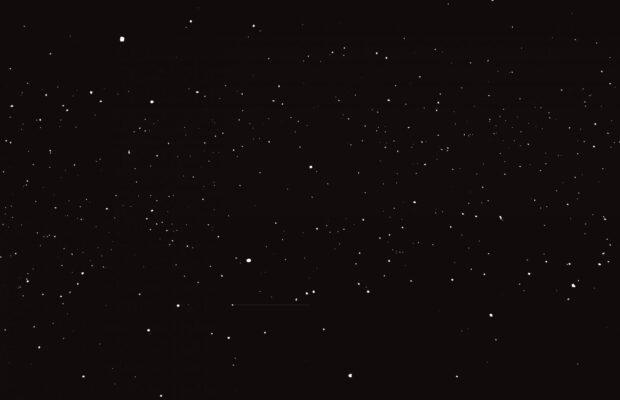Astronomy opens celestial insights for students

Senior Brody Philip has a deep love and fascination for space and is currently taking astronomy with science teacher Jason Steffen.
Philip sees astronomy in many different ways, but overall, he said it’s a lot like a hobby for him as he’s always been interested in what happens within the solar system and what lies beyond it.
Along with this, he said he believes that astronomy is the “next big step in human evolution. Not only human evolution, but it can also help boost our economic growth exponentially.”
With his love for astronomy, he jumped at the opportunity to take the class when he saw it in ninth grade when planning for his sophomore year classes.
Although Philip wasn’t able to take it until this semester, over the years he’s continued to keep a very open mind when it comes to the astronomy class as he knew from the beginning they wouldn’t “dive into things such as astrophysics or even cosmology, but things such as how our planet works, relatively basic stuff, but challenging at the same time.”
Philips said his expectations have been met. Although, with his devotion to space sciences he finds that the course is a bit too easy for him. Philip wishes there were more complicated courses related to astronomy like AP Astronomy or AP physics.
For those looking for further space science exploration, UNI occasionally holds astronomy events, and there are at least 11 clubs spread throughout the state of Iowa.
Fans of celestial events will have quite a few events to observe this month. Two of these events are annual meteor showers (the first going from Dec. 7-17, and the second going from Dec. 17-25).
Then, the December solstice, the second solstice (the first was in June), in Iowa will be on Dec. 21. Lastly, there is the Full Cold Moon, and in Iowa it’ll be on Dec. 26.
Steffens said, “April 8, 2024, is the next total solar eclipse in the U.S.”
According to Steffen, because space sciences are “left behind the other sciences in the amount of coverage they receive in school, this leads to misinformation and a general lack of knowledge about how things work in our universe.”
Steffen teaches one section of astronomy during sixth period, with every seat in the class being filled, and he said his students can “see or do many of the things that we talk about in class, so I find video clips that will show a topic better than just talking about it.”









You must be logged in to post a comment Login